
Method and Theory in Islamic Studies: Problematizing Objectivity
- Inekas 5th Summer School
- Online
- 2025 August 29, 30, 31
Why This Matters
The academic study of Islam faces deep-seated obstacles from pervasive influences, particularly the historical legacy of Eurocentric frameworks and enduring “coloniality.” These forces have imposed external categories and essentialist interpretations that limit genuine scholarly inquiry.
Contemporary methodological debates, even those aiming for reform and social justice, can inadvertently create new forms of academic domination. This presents a critical moment to examine the intricate relationship between method and theory in Islamic Studies.
Through rigorous self-reflection on scholarly practices and a commitment to generating autonomous knowledge, this gathering seeks to advance a critically informed and genuinely objective understanding of Islam. We aim to move beyond inherited limitations toward open intellectual inquiry that serves the field’s true potential.
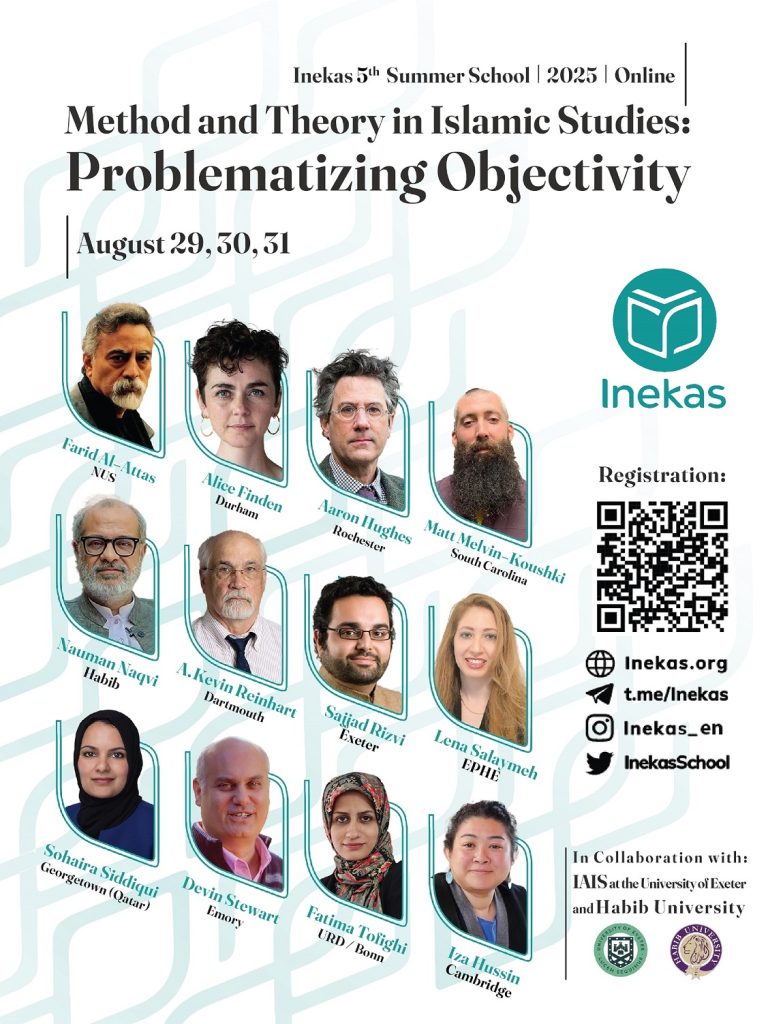
This three-day summer school, taking place from Friday, August 29 to Sunday, August 31 (11:00–17:30 UTC / 14:30–21:00 IRST), brings together leading scholars to explore the complex relationship between method, theory, and objectivity in the study of Islam. Through keynote lectures and thematic discussions
Good Scholarship/Bad Scholarship: Consequences of the Heuristic of Intersectional Islamic Studies
A Modest Proposal for Islamic Studies
Lived Islam: Colloquial Religion in a Cosmopolitan Tradition
Counter-mapping the Archive: A Decolonial Feminist Research Method
Knowledge Hegemonies and Autonomous Knowledge: Beyond Decolonization
Decolonizing Islamic Studies
Why Study "Theory" and "Method"?
Decoloniality, Nationalism and Religion
Decolonizing "Islam"
Religious Rituals as Civil Hexis
The Weirding Way: Islam as Platonism and Animism Makes “Objectivity” a Classist-Colonialist Yet Curiously Platonic Word of Power
The Politics of Islamic Law: Methodological Considerations
Our Speakers
She is Associate Professor of Theology at Georgetown University in Qatar. Her research focuses on Islamic law, theology, and political thought, particularly during classical Islam and the British colonial period. She earned her PhD from UC Santa Barbara in 2014. Siddiqui is the author of two books and numerous articles, and serves as editor for Sapientia Islamica and SHARIA source. Her current work examines Islamic legal thought in colonial India.
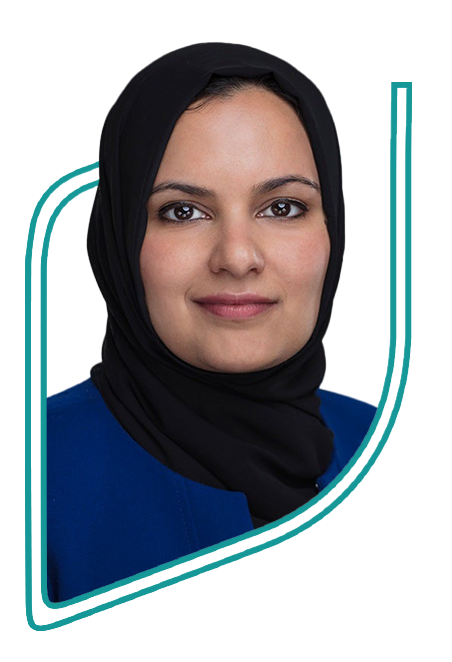
He is the Samuel Candler Dobbs Professor and Chair of Middle Eastern and South Asian Studies at Emory University. He holds a B.A. from Princeton (1984), studied Arabic in Cairo (1984–85), and earned his Ph.D. from the University of Pennsylvania. His research covers Shiite traditions, the Qur’an, Islamic law, Arabic dialects, and the Moriscos. He is the author of Islamic Legal Orthodoxy and co-author of Interpreting the Self. Stewart has published over 90 articles, 80 book reviews, and co-edited seven volumes.
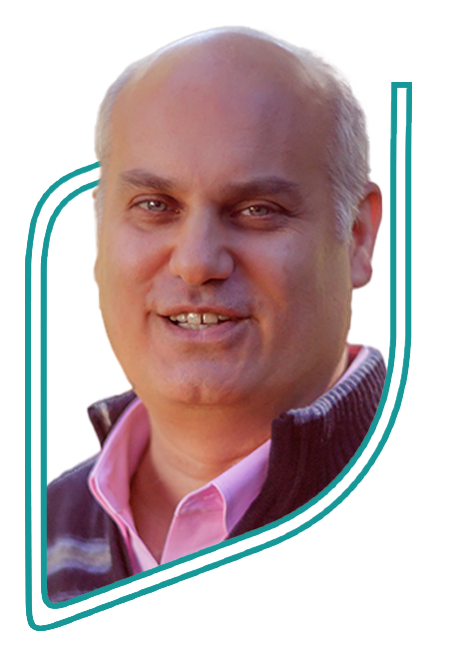
Kevin Reinhart
He is an Associate Professor of Religion at Dartmouth College, where he has taught since 1986. He studied Middle Eastern and Arabic Studies at the University of Texas, Austin (1974), and received his M.A. (1978) and Ph.D. (1986) in the study of religion from Harvard University. His research focuses on Islamic legal thought in the pre-modern period and the contemporary interpretation of Islamic heritage.
He is the author of Before Revelation: The Boundaries of Muslim Moral Knowledge (SUNY Press, 1995) and has recently completed a new book titled Lived Islam, exploring diverse Islamic practices across different regions. Reinhart has lived for extended periods in Egypt, Turkey, Yemen, and Morocco, and is currently involved in projects in Qatar and Turkey.
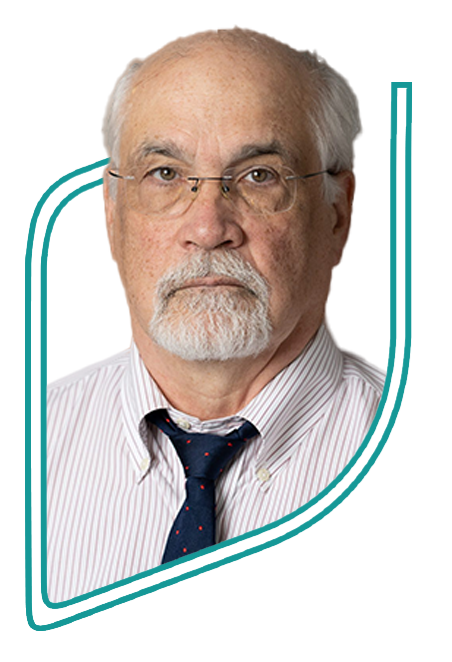
Alice Finden
She is Assistant Professor in International Politics at Durham University’s School of Government and International Affairs. She is also an Associate Fellow at the Institute of Advanced Study and a member of the Institute for Middle Eastern and Islamic Studies. She earned her PhD from SOAS, University of London, conducting a feminist and postcolonial investigation into the normalization of state violence in counter‑terrorism policy in Britain and Egypt.
Her research interrogates the colonial roots and contemporary manifestations of counter‑terrorism, especially the production of racialised, gendered, and classed communities deemed “vulnerable” to extremism. She employs decolonial feminist methods—such as counter‑mapping—to co‑construct alternative histories and futures with participants. She is author of Counterterrorism and Colonialism: Everyday Violence in Britain and Egypt (Routledge, 2025) and co-editor of Methodologies in Critical Terrorism Studies (Routledge, in press). Her work encompasses gender and queer theory, postcolonial perspectives, violence normalization, and qualitative methods involving archival and interview research.
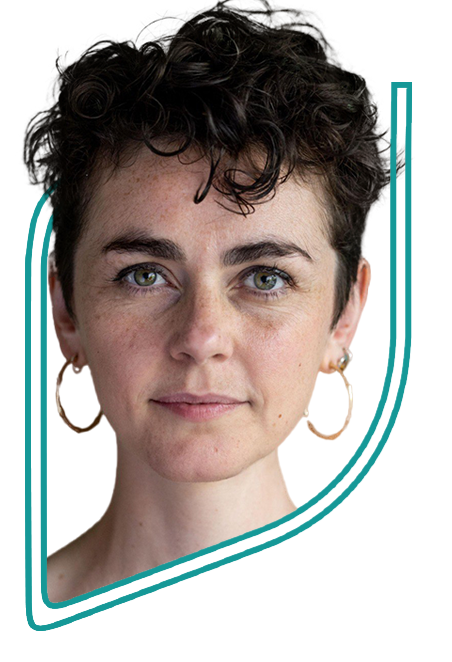
Farid al-Attas
Farid Al Attas is a Malaysian Associate Professor of Sociology at the National University of Singapore (NUS). He served as Head of the Department of Malay Studies at NUS from 2007 to 2013 and previously lectured in the Department of Southeast Asian Studies at the University of Malaya. His research focuses on the sociology of Islam, social theory, religion and reform, and intra- and inter-religious dialogue. His recent books include Ibn Khaldun (Oxford University Press, 2013) and Applying Ibn Khaldun (Routledge, 2014). He is currently researching Salafism in the Malay world.
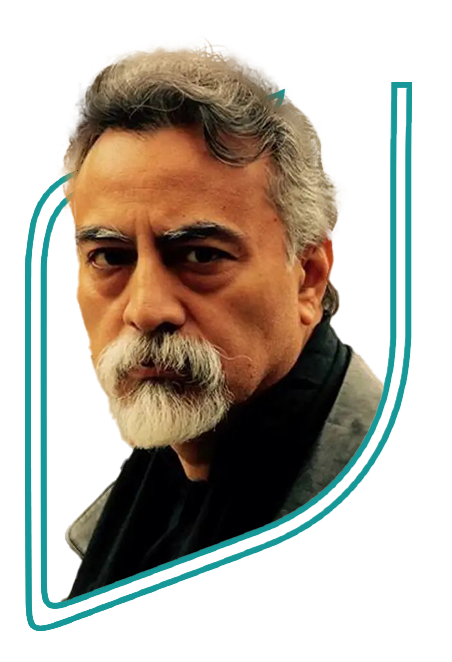
Lena Salaymeh
She is a Professor in the Section des Sciences Religieuses at the École Pratique des Hautes Études (Paris Sciences et Lettres) and a scholar of Islamic law, Jewish law, and critical theory. Salaymeh holds a JD from Harvard and a PhD from UC Berkeley. Her award-winning book, The Beginnings of Islamic Law, explores legal recycling in Islamicate legal traditions. She served as British Academy Global Professor at Oxford (2020–2024) and co-founded the Decolonial Comparative Law Project at the Max Planck Institute (2019–2023). She has also been a Visiting Fellow at Princeton University and is a recipient of a Guggenheim Fellowship.
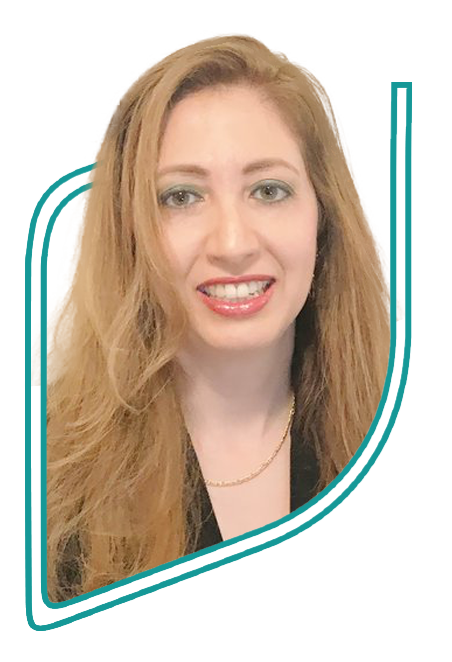
Aaron Hughes
He is the Philip S. Bernstein Professor in Judaic Studies and Dean’s Professor of the Humanities at the University of Rochester. He specializes in religious studies with a focus on Jewish and Islamic studies and critical theory.
He earned his Ph.D. from Indiana University Bloomington and has held faculty positions at the University of Calgary and University at Buffalo, SUNY. His work challenges apologetic approaches in Islamic and Jewish studies, emphasizing rigorous critical methodologies. His recent book, An Anxious Inheritance (Oxford University Press, 2022), is widely recognized.
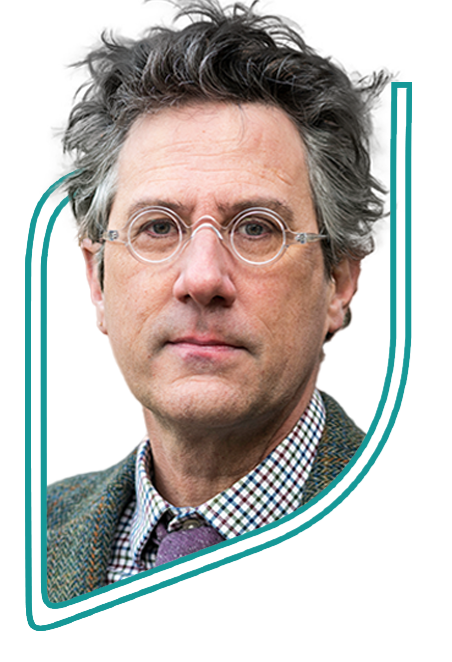
Nauman Naqvi
He is Acting Dean of the School of Arts, Humanities and Social Sciences and a founding faculty member at Habib University. He holds a PhD in Anthropology from Columbia University, and his interdisciplinary work spans anthropology, history, literature, and philosophy. His recent publications include Acts of Askesis, Scenes of Poesis: The Dramatic Phenomenology of Another Violence in a Muslim Painter-Poet (Diacritics, 2012) and Profession on the Cusp of Saturn’s House: Weighing the Wager & Wages of the Time of a Postcolonial-Historical Pedagogy (or, Teaching History at the Limit of Time) (Interventions, 2013).
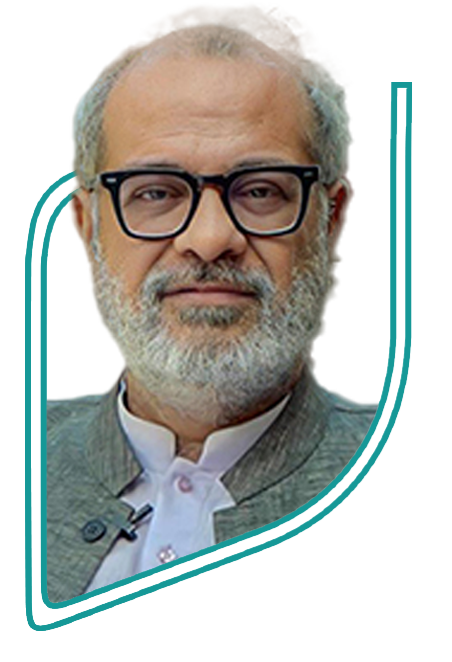
Sajjad Rizvi
He is Director of the Centre for the Study of Islam and Associate Professor at the University of Exeter. He teaches Islamic intellectual history, focusing on philosophy, theology, and Qur’anic exegesis. He studied modern history at Oxford and completed his PhD at Cambridge on Mulla Sadra’s philosophy. His research explores post-Avicennan traditions in the Persianate world through decolonial and global philosophical approaches. Since 2004, he has taught at the University of Bristol and the Institute of Advanced Islamic Studies (IAIS). He co-edits The Oxford Handbook of Shii Islam and a translation series for Hackett Publishing.
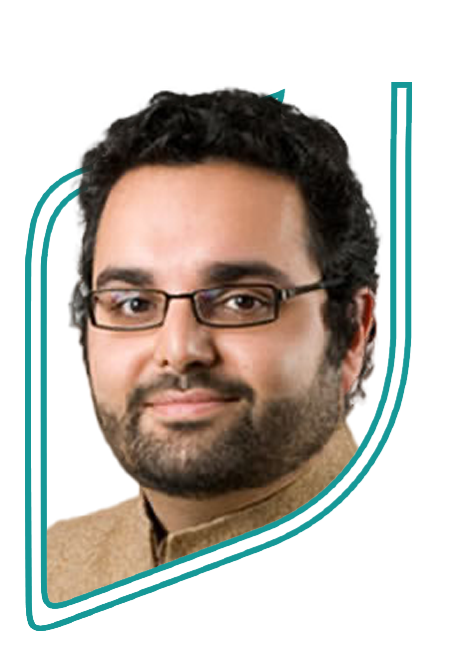
Fatima Tofighi
She is an Assistant Professor of Religious Studies at the University of Religions in Qom and a Research Fellow at the Center for Comparative Theology and Social Issues at the University of Bonn. She teaches a range of topics, with particular focus on Biblical studies, Qur’anic studies, gender, hermeneutics, Abrahamic religions, and methods and theories in religious studies.
Her monograph, Paul’s Letters and the Construction of the European Self (Bloomsbury, 2017), explores the intersection of Pauline literature and European identity formation. Her current research project is titled An Intellectual History of the “Muslim Body” in Pre-Revolutionary Iran. Another major area of her research examines the relationship between Islam and liberalism.
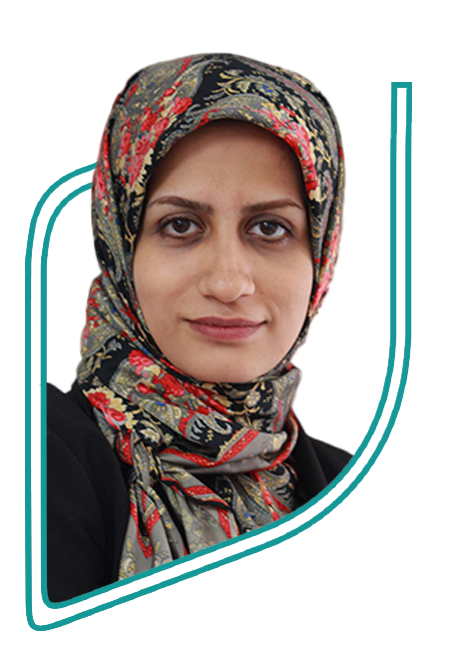
Matt Melvin-Koushki
He is Associate Professor of Islamic History at the University of South Carolina and founder of its graduate program in Magic and Occult Science. He specializes in early modern Islamicate intellectual and imperial history, with a focus on occult sciences in Timurid-Safavid Iran and the Persianate world. He is the author of several forthcoming books on Persian lettrism and occult imperialism and co-editor of key volumes on Islamicate occultism. Koushki also serves as President of Societas Magica and co-founded the Islamic Occult Studies on the Rise (IOSOTR) network

Iza Hussin
Iza Hussin specializes in comparative politics, Islam and Muslim politics, law and society, and religion and politics. She holds degrees from Harvard, Georgetown, and the University of Washington. Her book, The Politics of Islamic Law (2016), examined Islamic law in colonial India, Malaya, and Egypt. Her current work includes a manuscript on law’s travels across the Indian Ocean, and collaborative projects on Internet fatwa and challenges to liberal governance in Southeast Asia (Horizon2020). She is also PI of ‘Unboxing Skeat,’ connecting Malaya collections through multi-disciplinary research. She is a General Editor for Cambridge University Press’s Asian Connections series and serves on editorial boards for Indonesia and the Malay World, Journal of the Humanities and Social Sciences of Southeast Asia, and Law and Social Inquiry. She is an Associate Research Fellow at the Joint Centre for History and Economics and a Faculty member in World History at Cambridge.
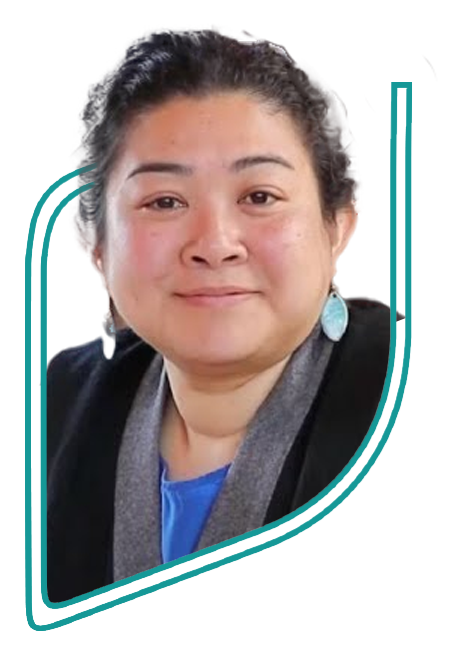
Inekas Summer School Countdown
Deadline for Registration: Aug. 28th
Our Mission
Building Bridges, Expanding Horizonsin Islamic Studies



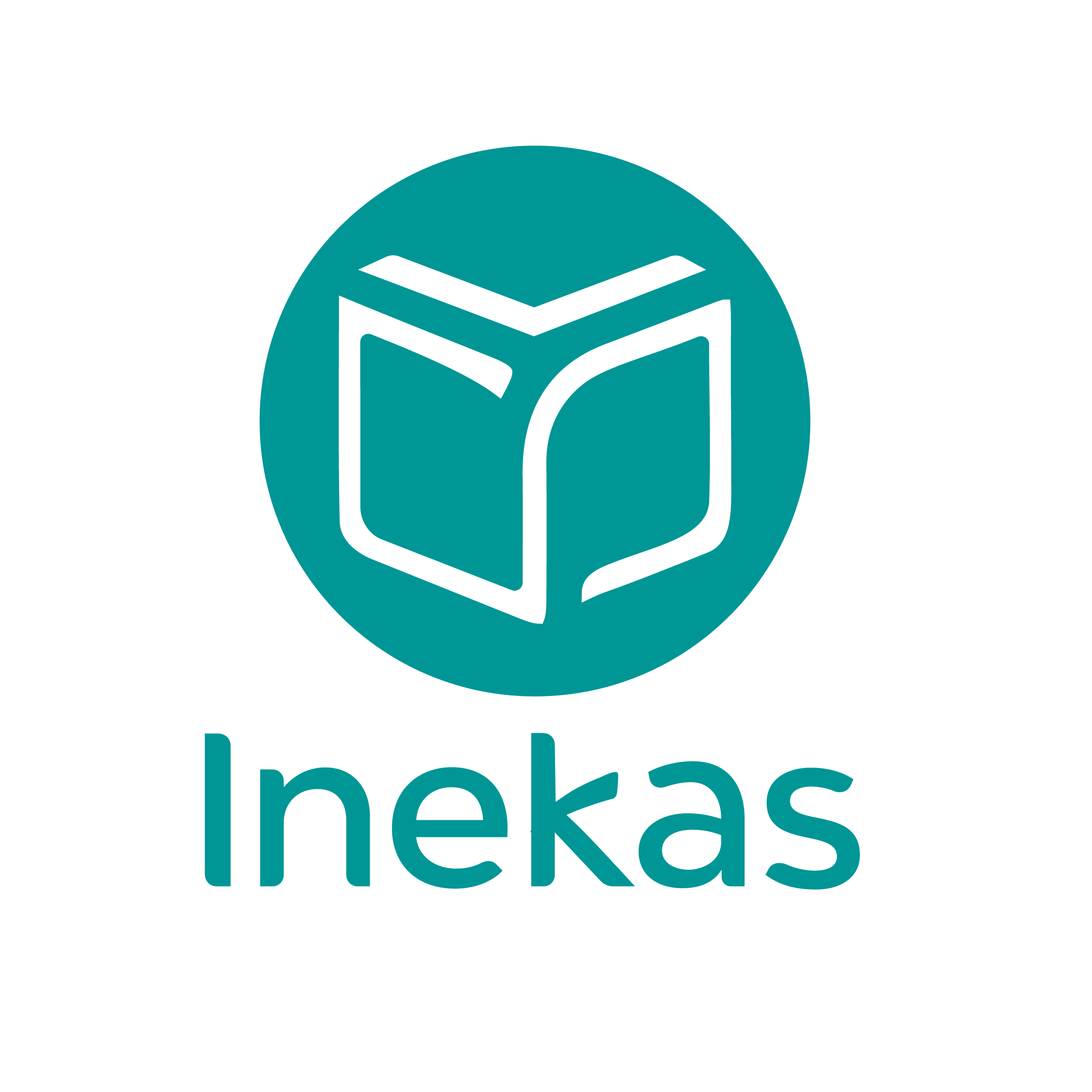
Testimonials from Our Community
Sajjad Rizvi
Professor of Islamic Intellectual History and Islamic Studies at the University of Exeter

- The Inekas summer schools are a wonderful initiative that brings together the best scholarship from Euro-American and Iranian academia to bear on critical issues in the study of religions, texts, and Islam. It is led by some of the brightest early career academics anywhere and the engagement with students is rigorous, exciting, and productive. Highly recommended to potential participants in future sessions.
Hamed Olia
PhD in Mechanical Engineering, University of Colorado School of Mines
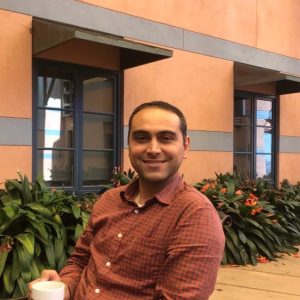
- This course proved to be immensely beneficial for me for several reasons. Firstly, the presentations were not only captivating but also tailored to address contemporary needs. Secondly, the adept management of the school ensured seamless coordination among participants and presenters. Thirdly, on a personal note, I had the privilege of interacting with numerous esteemed professors across diverse fields. Lastly, I found the language learning workshop to be particularly intriguing and innovative.
Radman Rasouli Mehrabani
PhD of Persian literature, University of Tehran
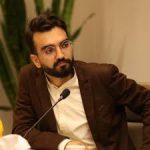
- The school exudes a palpable academic passion and enthusiasm. Through active participation, we have gained insights into the methods and current trends within this discipline and its related fields. Such knowledge stands to benefit and enrich our understanding of the broader humanities landscape.